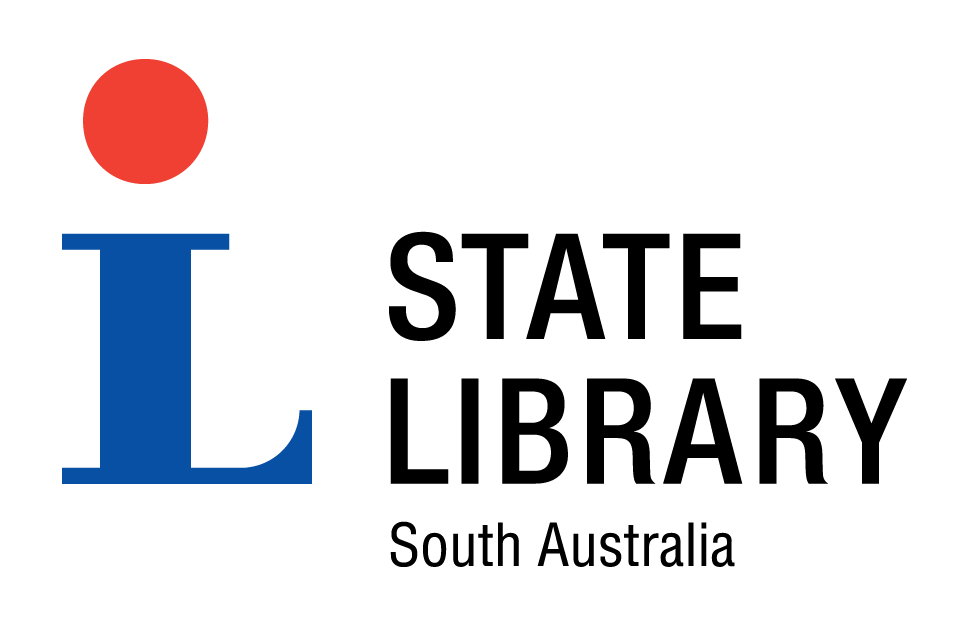
Wakefield, Edward Gibbon 1796-1862

|
| View catalogue details |
Born: 20 March 1796 [London, England]
Died: 16 May 1862 [Wellington, New Zealand]
After his schooling, although given the opportunity to train as a barrister, Wakefield took up the position of secretary to the British envoy at Turin in 1814. In 1816 he married Eliza Pattle, a ward in chancery. Eliza died in 1820, but through the marriage Wakefield gained a good income. He married again in 1826 in controversial circumstances. Wakefield kidnapped 15 year old heiress Ellen Turner and they married at Gretna Green then escaped to France. They were pursued by her family and captured. Back in England, Wakefield and his brother who had been his accomplice in the kidnap scheme were tried and sentenced to three years in gaol.
During his time in Newgate Gaol Wakefield wrote several books, some on the topic of the penal system and others on the subject of emigration. Although he had never been to Australia he composed Aletter from Sydney, the principal town of Australasia (supposed by some at the time to be a real letter) which outlined the problems with land and labour in the colony of New South Wales. Wakefield devised a 'system of colonization' in which land in the colony was sold, not granted and the money raised used to sponsor labourers to emigrate. He envisaged that preference for emigrants would be given to young people of both sexes in equal proportion so that eventually the population would be self-sustaining. When Letter from Sydney was published in 1829 (edited by Robert Gouger) Wakefield's ideas about systematic colonization became well-known and by 1831 land in New South Wales could only be disposed of through sale. Wakefield and his supporter Gouger advocated for a new colony to be established by his system of colonization. After some years of negotiations with the Colonial Office, 1833 a South Australia Association was established in 1833 and in 1834 the British Parliament passed an Act for the establishment of a colony in South Australia with the management of its colonization to be administered by a specially established commission. Wakefield's brother Daniel assisted in the drafting of the bill. When the price for land in South Australia was fixed at a price far below what Wakefield thought was right, he broke off his connection with the South Australian Colonization Commission.
Wakefield then turned his attentions to Western Australia, but the colonization scheme with which he was involved was not a success. From the late 1830s Wakefield was associated with the colonization of New Zealand and Canada. He assisted the High Commissioner for British North America on matters of emigration to Canada and became director of the New Zealand Land Company, but came into conflict with the Colonial Office over his ideas about self-government for the British colonies. Wakefield continued to champion colonial reform legislation in England, until 1853 when he immigrated to New Zealand. He was elected to the first New Zealand General Assembly, but retired from political affairs in 1855.
Key achievements
1834: Published The New British Province of South Australia giving practical advice to those intending to emigrate
1854: Elected to the New Zealand General Assembly
See also:
Further reading
Bloomfield, Paul. Edward Gibbon Wakefield: builder of the British Commonwealth, London [England] : Longmans, 1961
Harrop, Angus J. The amazing career of Edward Gibbon Wakefield, London : George Allen & Unwin, 1928 ; Dunedin : A.H. Reed, 1928
Wakefield, Edward Gibbon. The new British province of South Australia, or, A description of the country, illustrated by charts and views : with an account of the principles, objects, plan, and prospects of the colony, London : Printed for C. Knight, 1838
Links
Te Ara Encyclopaedia of New Zealand: See Biographies: Edward Gibbon Wakefield


